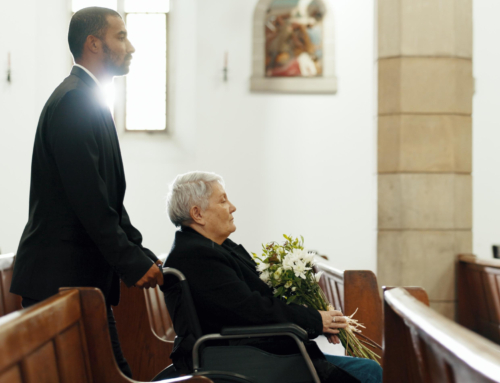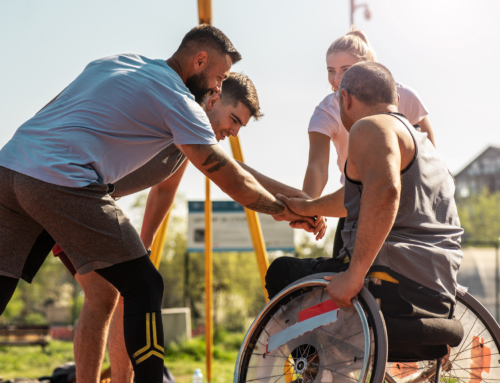 Today, we are pleased to welcome Matthew Piamonte to the site for a guest post on Canada’s Medical Assistance in Dying Bill C-14. Matthew is finishing his residency training in family medicine at Dalhousie’s Fredericton site. Born and raised in Ottawa, he joined Christian Horizons for a brief time during his undergraduate years at Ottawa University. This was his first prolonged encounter working with people with disabilities. His medical training has brought him into contact with many of society’s marginalized, and one of his passions is to get to know who these people really are – recognizing that in them, God’s own image is reflected.
Today, we are pleased to welcome Matthew Piamonte to the site for a guest post on Canada’s Medical Assistance in Dying Bill C-14. Matthew is finishing his residency training in family medicine at Dalhousie’s Fredericton site. Born and raised in Ottawa, he joined Christian Horizons for a brief time during his undergraduate years at Ottawa University. This was his first prolonged encounter working with people with disabilities. His medical training has brought him into contact with many of society’s marginalized, and one of his passions is to get to know who these people really are – recognizing that in them, God’s own image is reflected.
On April 14th, the Canadian federal government released Bill C-14 to govern Medical Assistance in Dying. Bill C-14 is an amendment of the Criminal Code, and will make it legal for medical or nurse practitioners to provide a consenting individual with medical assistance in dying. Medical assistance in dying means the administration of a substance, or the prescription or provision of a substance to a person that they may self-administer, at their request, that causes their own death. This legislation needs to be studied and passed by a federally appointed committee, the House of Commons, and the Senate in order to be passed into Canadian law. The deadline that has been set is June 6, 2016.
Important points include the following:
- It will be funded by the government to Canadians
- Candidates must be at least 18 years of age
- Candidates must be capable of making decisions about their health
- Voluntary request and informed consent are required
- Candidates must have a grievous and irremediable medical condition (incurable illness, disease or disability present with enduring suffering that is intolerable to them) and natural death must have become reasonably foreseeable
- There must be 15 days between the date a written and signed request is made before independent witnesses, and the date that medically assisted death occurs
- Immediately before providing the medical assistance in dying, the patient must be given an opportunity to withdraw consent
I am a medical practitioner who will undoubtedly be called upon by patients to assist their dying. I will most likely be required by my profession to either provide this service to qualifying individuals, or make an effective referral to a practitioner who is willing to provide this service.
I believe in the inherent value and sanctity of every human life, even a life that contains great suffering. I believe it would be a violation of my conscience to willingly, intentionally, and actively assist in the ending of a human life – either through active participation or an effective referral. Consequently, this legislation troubles me, as well as a minority of Canadian physicians who feel similarly.
Thankfully, the Supreme Court of Canada and the Canadian Medical Association have explicitly and publicly supported the conscience rights of physicians who feel the way I do, and have asked legislators and provincial medical associations to do the same. This Bill also speaks to the protection of conscience rights of physicians while ensuring effective access. While it has yet to be seen whether or not my conscience rights will actually be protected by my profession, there are a number of voices, both secular and religious, speaking out on my behalf.
Of concern to a great many Canadians is the effect this legislation will have on the vulnerable of our society – those who are “voiceless” by virtue of their minority status, physical or mental disabilities, age, or illness. In a society that tends to undervalue the infirm, elderly, and disabled, there is a very real possibility that those who are vulnerable will be made still more vulnerable by this legislation. Whether it is a young athlete who recently suffered a paralysing injury, an elderly woman with new onset dementia who feels she is a burden to her family, a parent of two who struggles with endless bouts of severe depression, or a child with Down syndrome whose health care decisions are made for her by loving parents – all of these individuals are vulnerable. What is yet to be seen is whether or not the legislation surrounding Medical Assistance with dying will protect them as well as it is intended to. And if it does not – who will speak for them?
Bill C-14 can be found online here.


